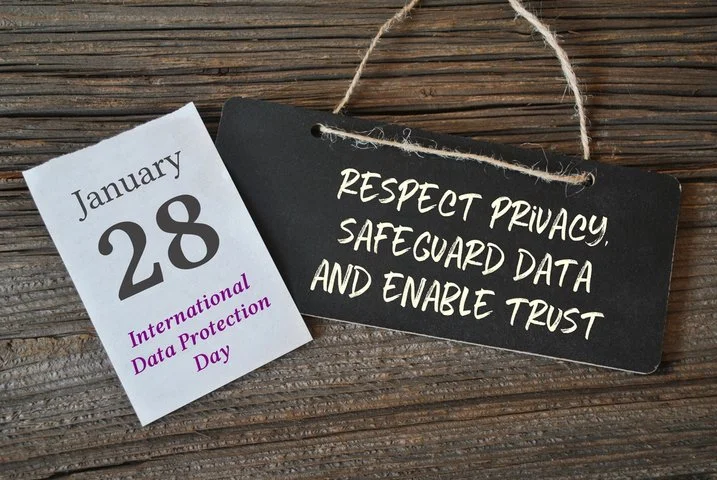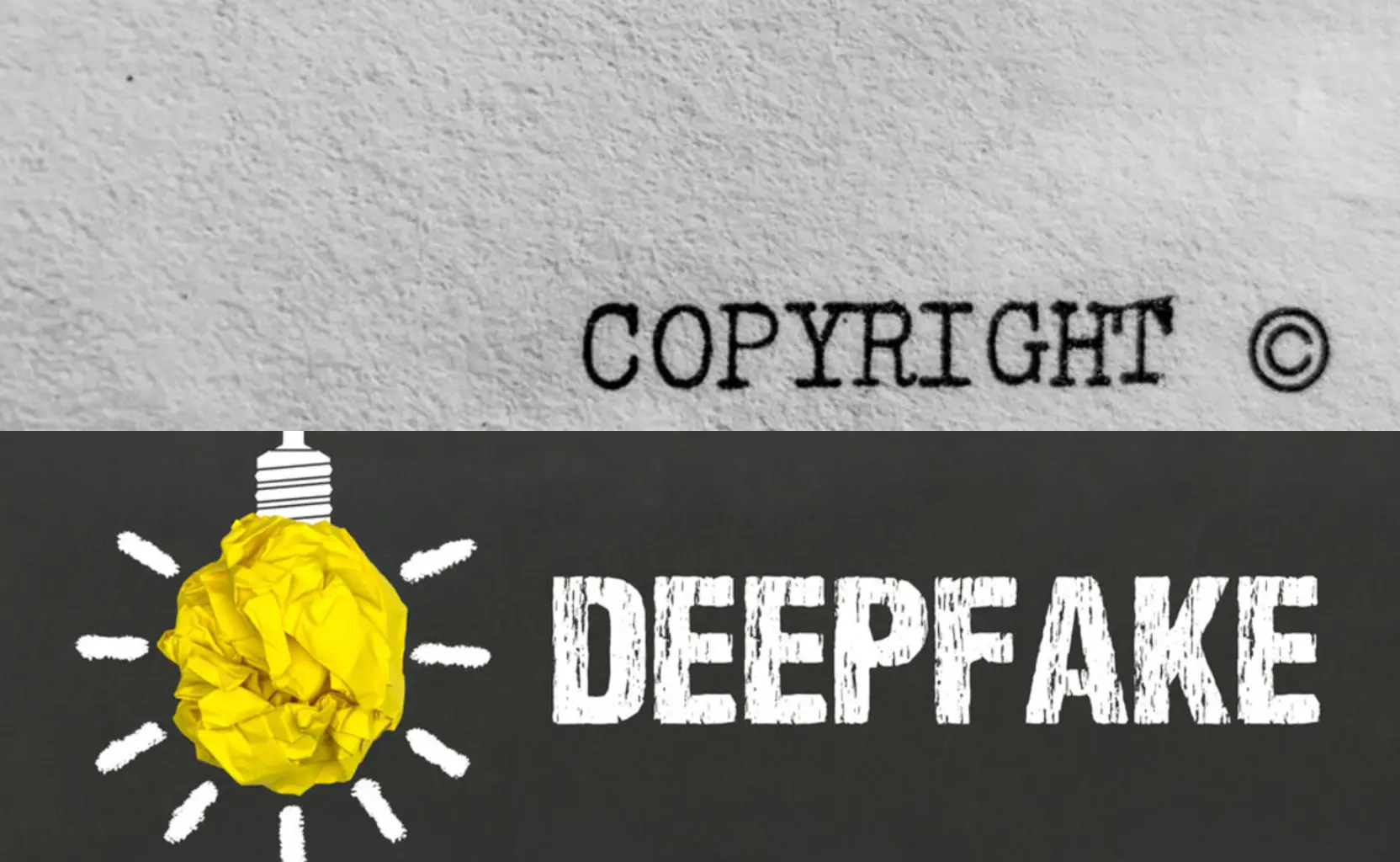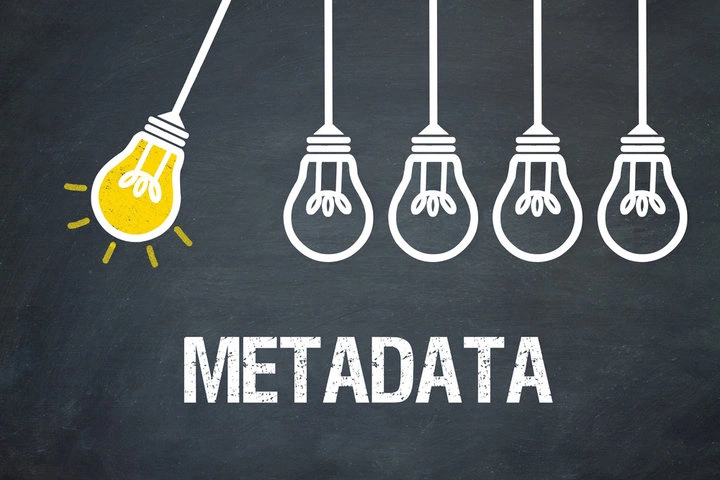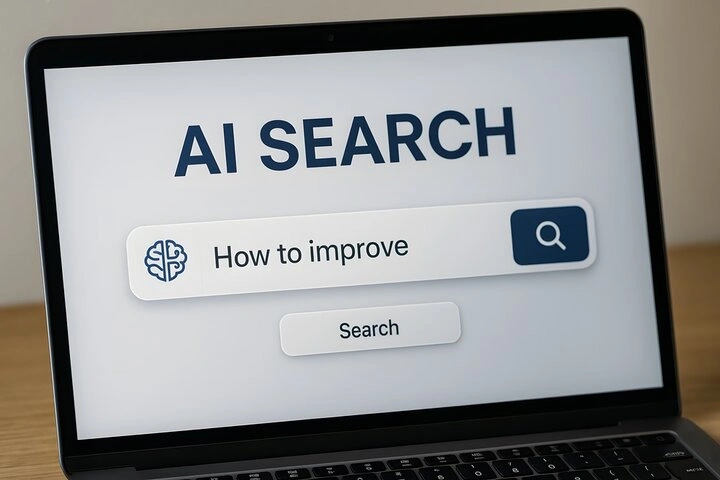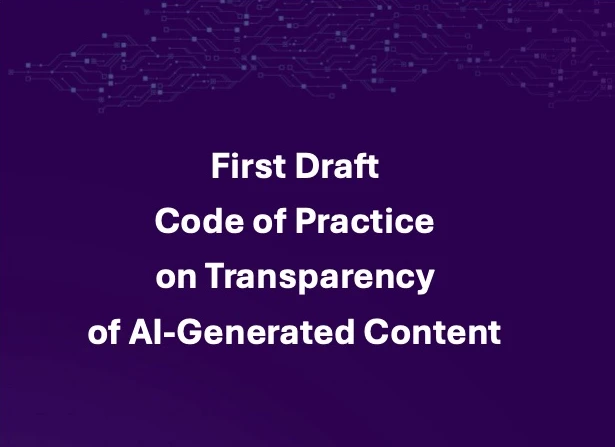
The hidden cost of digital
While shredding old paper documents, I began reflecting on the real impact of our technological choices. From paper to digital, from data centers to artificial intelligence: we have replaced a visible impact with an invisible one. This is not an alarmist article, but an honest reflection on awareness, responsibility, and illusions.
